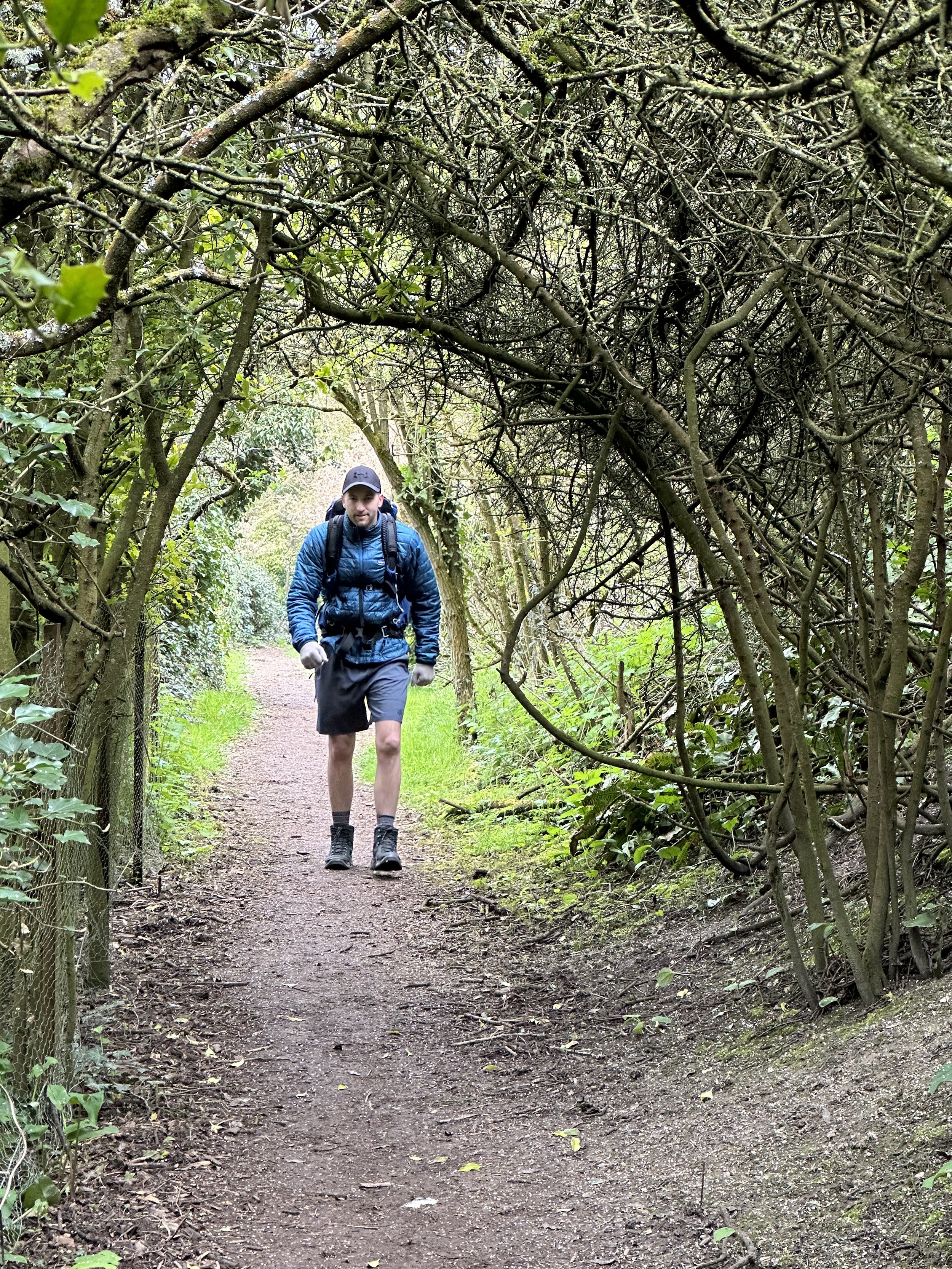The Solitary Walk: A Timeless Practice
Jean-Jacques Rousseau, the prominent philosopher, writer, and composer of 18th-century Romanticism, occupies a central position in the literature of solitary perambulation. Renowned for his significant contributions to political philosophy, which profoundly impacted the French Revolution and shaped modern political, sociological, and educational thought, Rousseau also extols the virtues of walking alone. His autobiographical work, "Reveries of a Solitary Walker," penned in his later years between 1776 and 1778, embodies the spirit of the late 18th-century movement known as the Age of Sensibility. This period saw an increasing focus on subjectivity and introspection, with Rousseau's reflections showcasing the manifold benefits of solitary walks.
While other luminaries in the genre of walking literature, such as William Hazlitt, Robert Louis Stevenson, and Henry David Thoreau, have also celebrated the merits of solitary walking, it is Rousseau who lends the practice its most resonant voice. Despite his later years being marked by bitterness and social ostracism, Rousseau finds solace and therapeutic release in the act of walking alone. He regards it as the one pleasure his fellow humans cannot strip away from him, emphasizing its role in facilitating introspection and communion with his inner self. Rousseau's assertion that he can only truly meditate while in motion underscores the intimate connection between rumination and movement, affirming the timeless axiom that contemplation accompanies footsteps.
In "Reveries of a Solitary Walker," Rousseau grapples with the profound notion of self-discovery encapsulated by the Delphic maxim "Know Thyself." He discovers that truly understanding oneself demands dedicated effort and focused intent, a realization that crystallizes during his solitary excursions. Amidst these hours of solitude and meditation, Rousseau finds himself wholly immersed in his authentic essence, free from external distractions or impediments, aligning with the natural course of his being.
William Hazlitt, the English writer, humanist, and philosopher, echoes Rousseau's sentiments in his essay "On Going a Journey." Hazlitt asserts that true solitude is found amidst nature's embrace, where the soul finds liberty and perfect freedom to think, feel, and act without constraint. He emphasizes the importance of unimpeded introspection, maintaining that external company often serves as a distraction from the inner dialogue necessary for self-discovery.
While Hazlitt advocates for solitary wandering, he acknowledges the conviviality of companionship during the evening repast, where discussions about supper are enhanced by the invigorating outdoor setting. Hazlitt's recognition of the communal pleasure derived from such moments underscores the nuanced relationship between solitude and social interaction within the context of walking.
Robert Louis Stevenson, in his "Walking Tours," extols the virtues of independent exploration, emphasizing the importance of freedom, spontaneity, and receptivity to the myriad impressions encountered along the way. He celebrates the joy of "happy thinking" that arises from solitary contemplation, lamenting the modern preoccupation with busyness and external pursuits at the expense of inner reflection.
Stevenson's advocacy for the solitary walker as a conduit for profound thought and self-realization resonates with contemporary concerns about the pervasive distractions of modern life. In an age characterized by incessant stimuli and digital overload, the act of walking alone emerges as a vital means of reclaiming inner tranquility and reconnecting with the natural world.
In today's context, the practice of solitary walking assumes renewed significance as a form of meditation and self-care. By immersing oneself in the rhythms of nature, individuals can recalibrate their senses, gain perspective, and cultivate a deeper understanding of their place within the world. Walking becomes not merely a physical exercise but a spiritual journey, offering moments of profound insight and self-renewal amidst the hustle and bustle of contemporary existence.
As Walt Whitman poignantly captures in "The Open Road," the act of walking symbolizes a liberation from indoor constraints and societal expectations, enabling individuals to embrace their innate freedom and chart their own course in life. In the solitude of the open road, one discovers the true essence of being, liberated from the shackles of convention and empowered to pursue their unique path with courage and conviction.
In essence, the solitary walk endures as a timeless practice, offering sanctuary amidst the cacophony of modern life. Whether as a means of self-reflection, communion with nature, or exploration of the inner landscape, walking alone remains a sacred ritual that nourishes the body, mind, and soul. In the quiet cadence of each step, we find solace, wisdom, and the unerring guidance of our true nature, beckoning us ever onward along the winding path of self-discovery.

